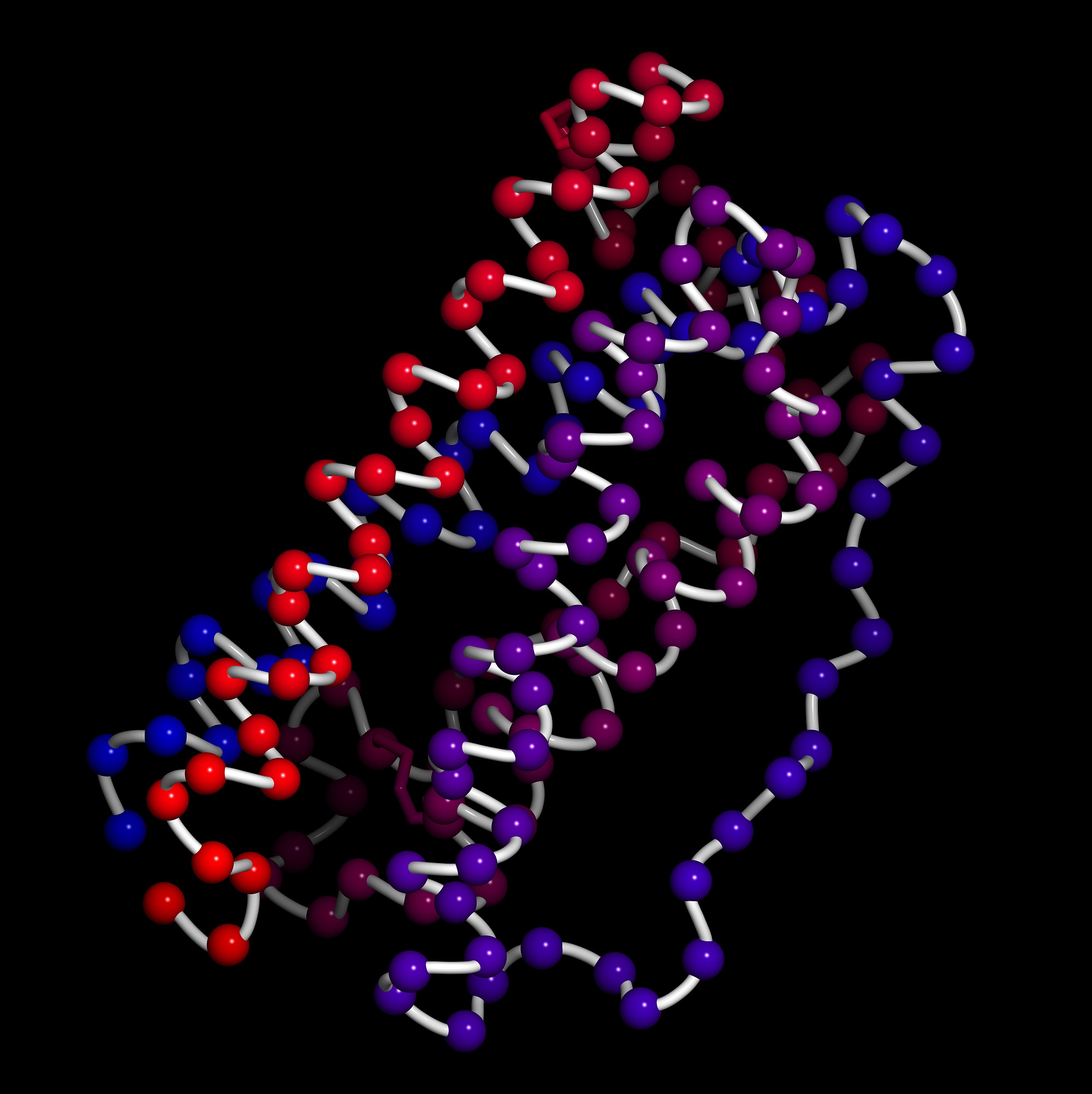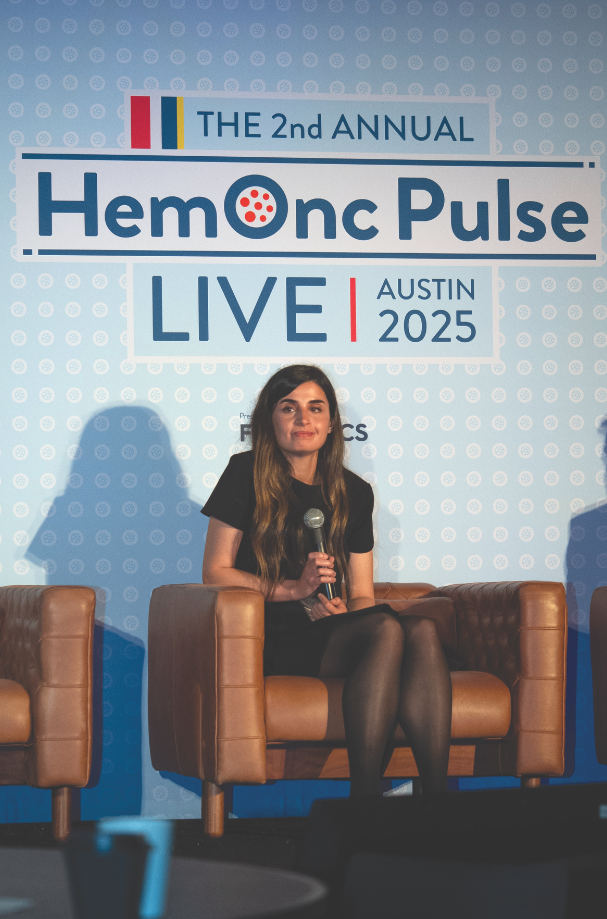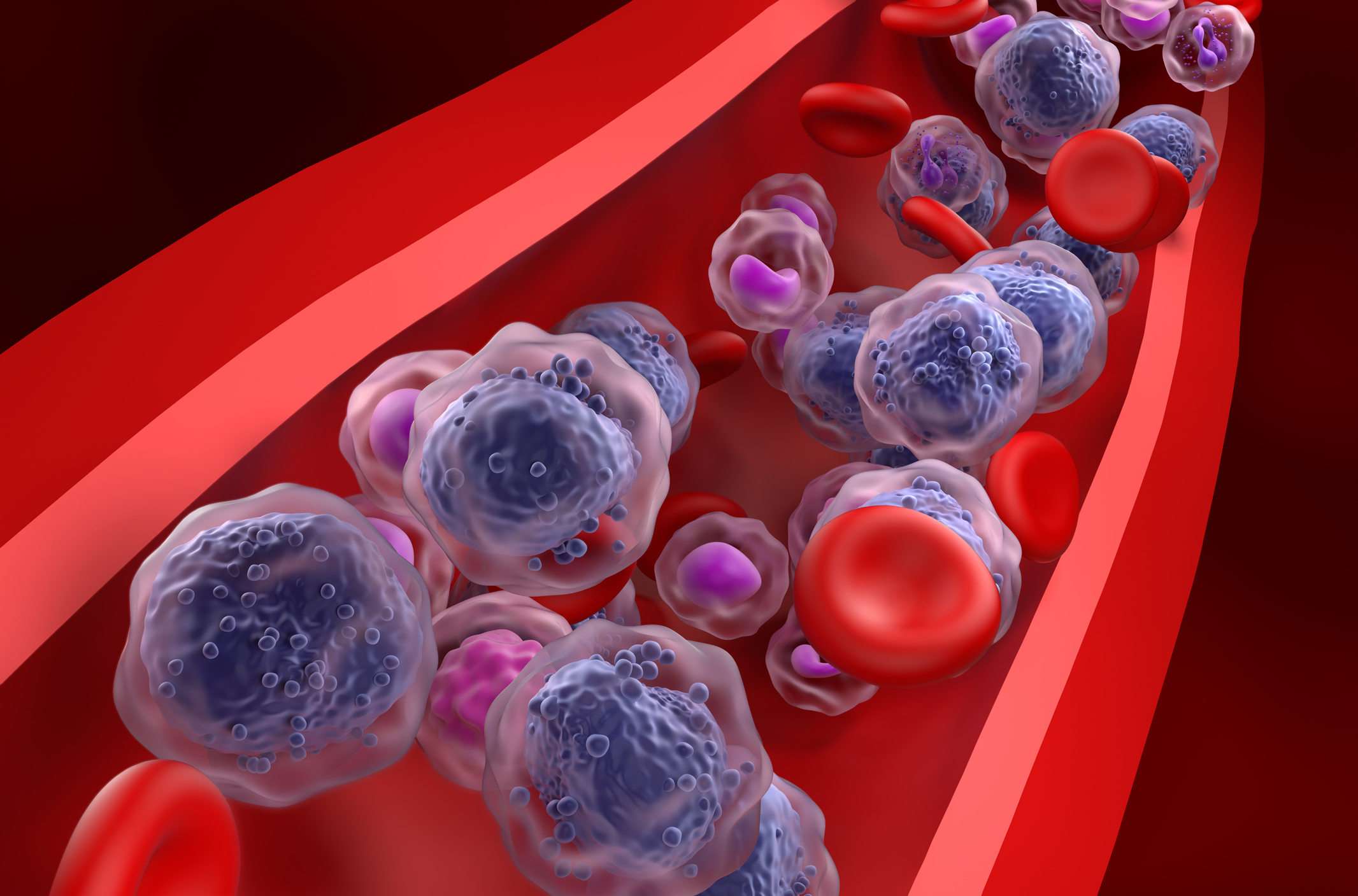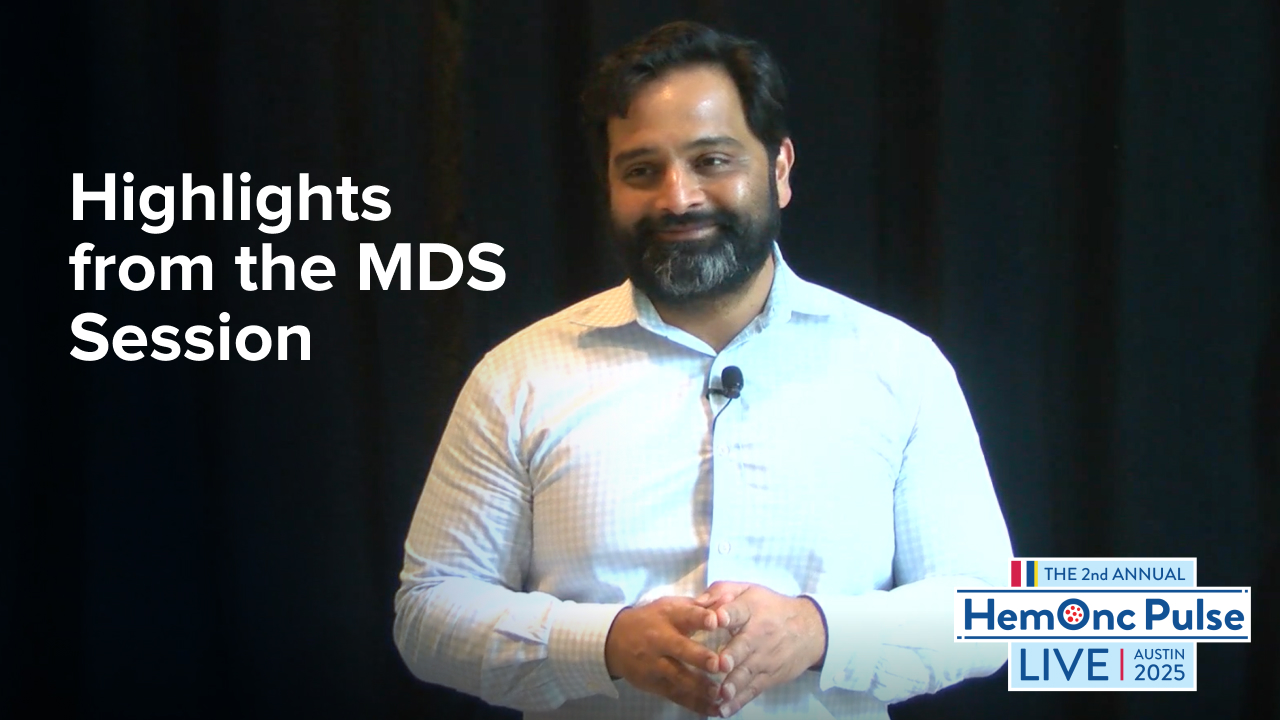
Administering granulocyte colony stimulating factor (G-CSF) prior to 5-azacitidine treatment increased treatment response and survival compared to azacitidine alone in patients with high-risk myelodysplastic syndromes (MDS), according to an academic open-label, randomized trial.
The study analyzed 70 transplant-ineligible patients with high-risk MDS and MDS/acute myeloid leukemia (AML) with less than 30% of myeloblasts. Patients were randomly assigned to azacitidine monotherapy (arm A; n=31) or G-CSF plus azacitidine (arm GA; n=39). The median ages were 73 years in arm GA and 74 years in arm A.
The trial’s outcome measures included overall response rate (ORR), overall survival (OS), progression-free survival (PFS), duration of response, and safety of administration. Treatment responses were assessed according to International Working Group criteria.
Azacitidine administration was 75 mg/m2 for seven days and G-CSF was administered two days prior the first dose of azacitidine and two days prior the sixth dose of azacitidine at 5 μg/kg of body weight. The median number of azacitidine cycles was eight (range, 1-40 cycles).
The results showed that patients in the GA arm had a lower risk of death, and the treatment significantly prolonged OS (P=.0297). ORR was significantly improved (P=.000899) compared to azacitidine alone (77% vs 61%; P=.000899).
PFS was not significantly different between arms (P=.09): 9.7 months in arm GA versus 6.1 months in arm A.
The rate and time of progression to AML were not significantly different between treatment arms. The rate of progression to AML was 52% of patients in arm GA and 68% of patients in arm A (P=.968). The time to progression was 9.8 months in arm GA versus 8.9 months in arm A (P=.450).
“Our primary objective of increasing treatment response and survival in the GA versus A arm was confirmed, particularly in patients with initial neutropenia in the first year of [hypomethylating agent] treatment,” the authors wrote. “We did not detect an effect of G-CSF on progression to AML, which is also significant.”
Stopka T, Minařík L, Dusilková N, et al. G-CSF plus azacitidine versus azacitidine alone for patients with high-risk myelodysplastic syndrome: academic, open label, randomized trial. Blood Cancer J. 2022;12(7):105. doi:10.1038/s41408-022-00698-2






 © 2025 Mashup Media, LLC, a Formedics Property. All Rights Reserved.
© 2025 Mashup Media, LLC, a Formedics Property. All Rights Reserved.